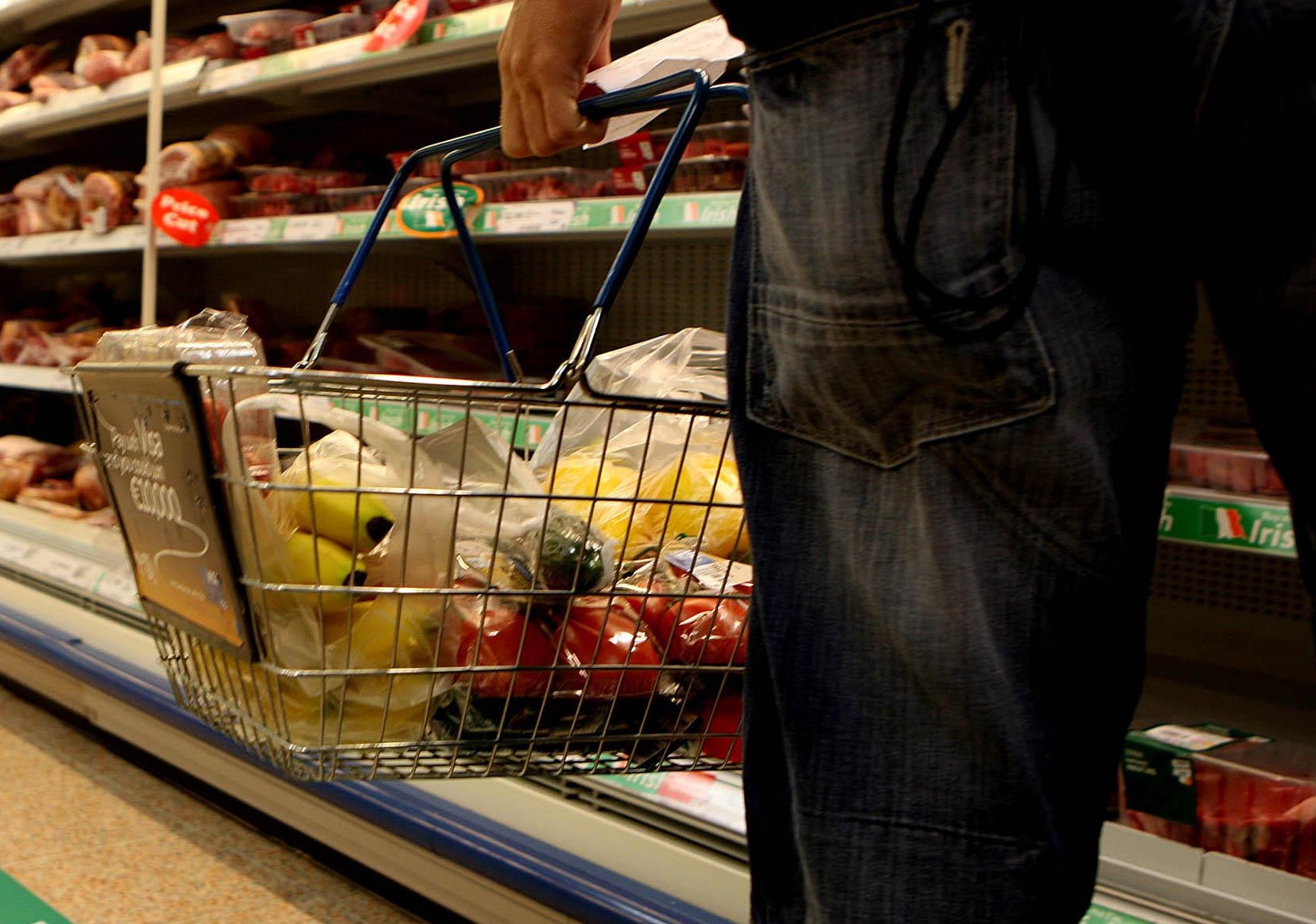UK food prices rise at fastest rate since global financial crash
Pressure from war in Ukraine continues to push up costs

Your support helps us to tell the story
From reproductive rights to climate change to Big Tech, The Independent is on the ground when the story is developing. Whether it's investigating the financials of Elon Musk's pro-Trump PAC or producing our latest documentary, 'The A Word', which shines a light on the American women fighting for reproductive rights, we know how important it is to parse out the facts from the messaging.
At such a critical moment in US history, we need reporters on the ground. Your donation allows us to keep sending journalists to speak to both sides of the story.
The Independent is trusted by Americans across the entire political spectrum. And unlike many other quality news outlets, we choose not to lock Americans out of our reporting and analysis with paywalls. We believe quality journalism should be available to everyone, paid for by those who can afford it.
Your support makes all the difference.The price of food rose at its fastest rate since 2008 in August as pressure from the war in Ukraine continued to push up costs, figures show.
Shop price annual inflation surged to 5.1 per cent, up from 4.4 per cent in July, marking a new record since the British Retail Consortium (BRC) and NielsenIQ index started in 2005.
The overall figure was driven by food inflation accelerating to 9.3 per cent, up from 7 per cent last month – the highest rate since August 2008 – as the war in Ukraine and consequent rise in the price of animal feed, fertiliser, wheat and vegetable oils placed mounting pressure on prices.
The annual increase in fresh food prices jumped to 10.5 per cent, up from 8 per cent in July, with products such as milk and margarine seeing the biggest rises.
The rise in shop prices is contributing to wider UK inflation, which economists from Goldman Sachs this week suggested could reach as high as 22 per cent next year.
BRC chief executive Helen Dickinson said: “The situation is bleak for both consumers and retailers, but retail businesses will remain committed to supporting their customers through offering discounts to vulnerable groups, expanding value ranges, fixing prices of essentials, and raising staff pay.
“However, as retailers also grapple with growing cost pressures, there is only so much they can shoulder.
“The new prime minister will have an opportunity to relieve some of the cost burden bearing down on retailers, like the upcoming increase in business rates, in order to help retailers do more to help their customers.”
Mike Watkins, head of retailer and business insight at NielsenIQ, said: “Inflation continues to accelerate and shoppers are already cautious about how much they spend on groceries, with a fall in volume sales at supermarkets in recent months.
“We can expect this level of food inflation to be with us for at least another six months but hopefully some of the input cost pressures in the supply chain will eventually start to ease.
“However, with further falls in disposable incomes coming this autumn as energy costs rocket again, retail spend will come under pressure in the all-important final quarter of the year.”


